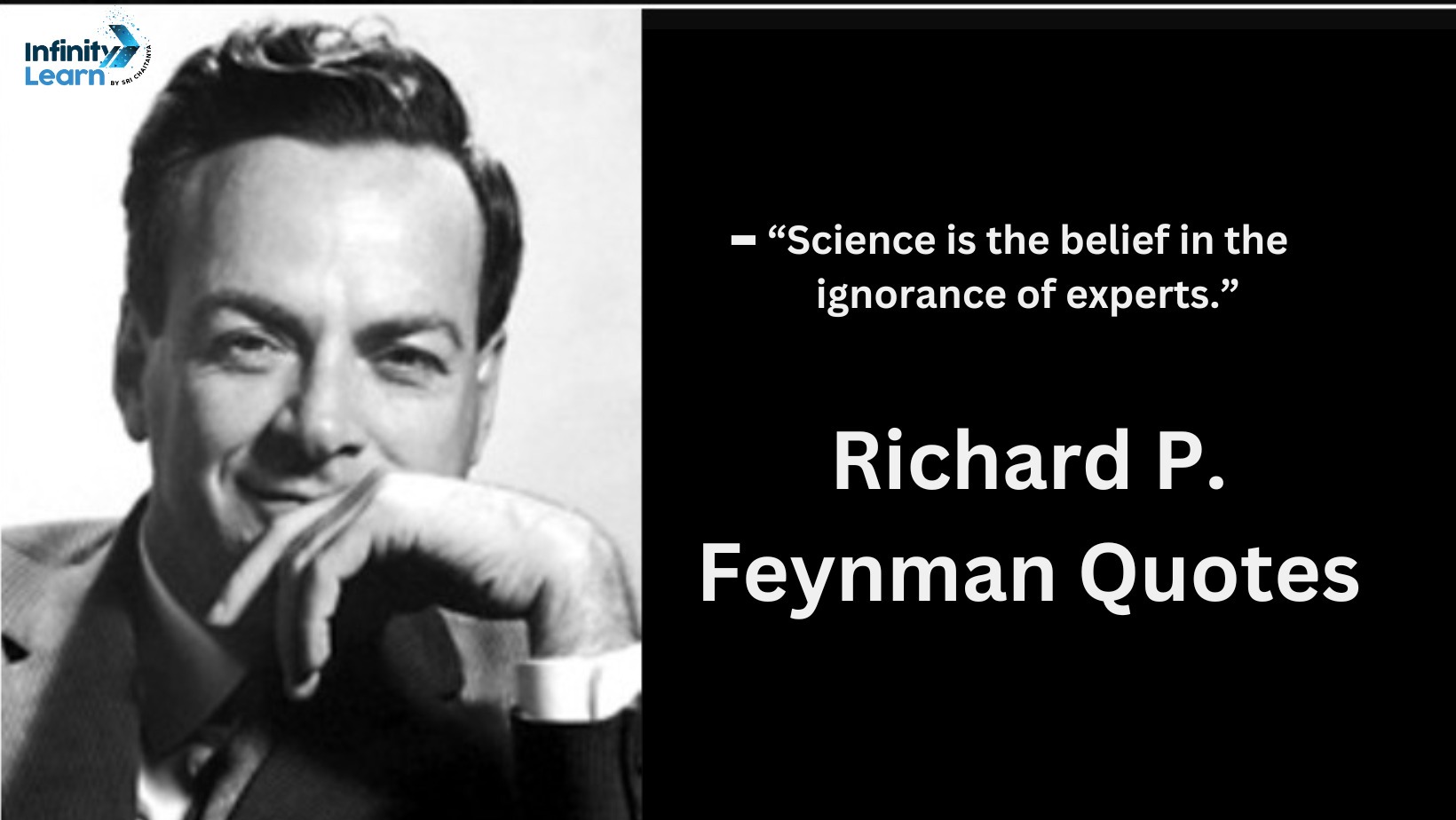Table of Contents
Richard Feynman (1918-1988) was a brilliant scientist and physicist, known for his remarkable contributions to science and his unique way of thinking. Here’s a glimpse into his wisdom:
Feynman was active from the early 20th century until his death in 1988. He gained fame for his role in the Manhattan Project during his twenties, won a Nobel Prize for his work in quantum mechanics, and later became a beloved professor at Caltech.
His lectures are still widely available and offer a clear and intuitive approach to understanding physics.
Feynman’s method was built on questioning conventional wisdom and developing his understanding from the basics. As a child, he taught himself algebra, calculus, trigonometry, and more, recording his findings in notebooks.
His approach to learning was always about asking, “What can I be certain of, and how can I discover it?” This led to his well-known quote, “You must not fool yourself, and you are the easiest person to fool.” Feynman applied this principle to all his intellectual endeavors.

20+ Richard P. Feynman Quotes
- “The first principle is that you must not fool yourself — and you are the easiest person to fool.”
- A reminder to be honest with oneself.
- “I learned very early the difference between knowing the name of something and knowing something.”
- Emphasizing the importance of true understanding over mere memorization.
- “If you want to find out anything from the theoretical physics point of view, you can never ask too many questions.”
- Encouraging endless curiosity and questioning.
- “The more you see, the more you know, and the more you realize you don’t know.”
- Highlighting how learning leads to more questions and deeper understanding.
- “Science is the belief in the ignorance of experts.”
- Pointing out that even experts have limitations and that skepticism is important.
- “It is important to realize that in physics today, we have no knowledge of what energy is.”
- Reflecting the ongoing quest for deeper understanding in science.
- “You have to keep your mind open, but not so open that your brains fall out.”
- Advising to be open-minded but also critical and discerning.
- “The beauty of a flower is not in the flower itself, but in the way we look at it.”
- Suggesting that beauty is in our perception, not just in the object.
- “Everything is interesting if you go into it deeply enough.”
- Encouraging deep exploration into any topic of interest.
- “The more I find out about the universe, the more I realize that it’s much more complex than I thought.”
- Acknowledging the ever-expanding nature of scientific knowledge.
- “You can’t be afraid to be wrong.”
- Stressing the importance of taking risks and making mistakes in the learning process.
- “The only way to deal with the world as it is is to deal with it with courage and optimism.”
- Advocating for a positive and brave approach to challenges.
- “What I cannot create, I do not understand.”
- Emphasizing the importance of creation and hands-on experimentation in understanding.
- “If you thought that science was certain – well, that is just an error on your part.”
- Reminding us that science is often uncertain and evolving.
- “The universe is not only stranger than we imagine, it is stranger than we can imagine.”
- Highlighting the limits of human imagination when it comes to understanding the universe.
- “To every man is given the key to the gates of heaven; the same key opens the gates of hell.”
- Suggesting that our choices and actions determine our outcomes.
- “One of the most important lessons I have learned is that the world is not simple; it is complicated and strange.”
- Recognizing the complexity and unpredictability of the world.
- “The most important thing is to keep questioning.”
- Encouraging a mindset of continuous inquiry and curiosity.
- “There is no harm in doubt and skepticism, for it is through doubt that we come to understand.”
- Advocating for doubt as a path to deeper knowledge.
- “Knowledge is something that should be shared, not hoarded.”
- Promoting the idea of sharing knowledge to benefit others.
- “We are all trying to make sense of a confusing world, and that’s the fun of it.”
- Emphasizing the joy in trying to understand the complexities of life.
Richard P. Feynman Quotes FAQs
What was Richard Feynman's most famous quote?
"The first principle is that you must not fool yourself – and you are the easiest person to fool."
Why is Feynman famous?
Feynman is famous for his work in quantum mechanics and his engaging teaching style.
What did Feynman say?
He often spoke about the importance of curiosity and skepticism in science.
What was Richard Feynman's best quote?
"The pleasure of finding things out" is often cited as one of his best quotes.
What is Feynman most famous for?
He is most famous for his contributions to quantum electrodynamics and his Nobel Prize in Physics.
What did Feynman say about Einstein?
Feynman admired Einstein's work but felt that Einstein's concept of 'spooky action at a distance' was incorrect.
Why was Feynman famous?
Feynman gained fame for his groundbreaking work in theoretical physics and his ability to explain complex ideas simply.
What motivated Richard Feynman?
Feynman was motivated by a deep curiosity and a love for understanding how things work.





